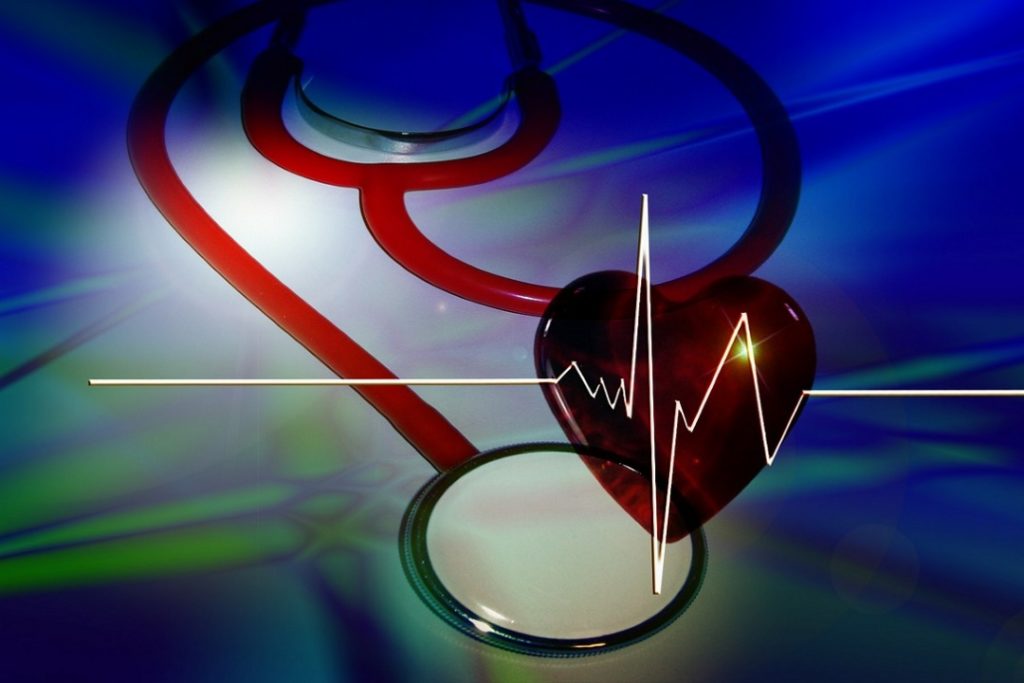
Contents
How Diet is Related to Low Blood Pressure?
Low blood pressure, also known as hypotension, is a condition in which a person’s blood pressure drop so low that it causes symptoms like dizziness, fainting, fatigue, nausea, difficulty breathing, blurred vision, palpitations, and cold, clammy skin. A drastic drop in blood pressure can cause heart, neurological and endocrine disorders. The organs of the body are deprived of essential nutrients and oxygen and this can be very harmful. When dealing with low blood pressure, it is usually suggested to increase your salt and fluid intake. Before increasing your salt consumption, do check with your doctor. Diet for low BP patients should be suggested in such a way that it maintains their blood pressure as close as possible to the normal blood pressure level. Hypotension condition can be controlled by making a few dietary adjustments.What you Eat can Affect your Blood Pressure.
- Eating small but frequent meals rather than one or two large meals, can help regulate your blood sugar and blood pressure. Aim to make these meals healthy and low in carbohydrates.When you eat carbohydrates, avoid processed carbs such as pasta and white bread.Eat complex carbs instead, such as oatmeal, whole grain pasta, whole grain bread, and barley.Eating frequent meals will make the blood pressure go up. Lying down after eating or sitting still for a while may also help.
- Salt intake in Hypotension: Sodium is necessary to maintain the fluids balance in the body, particularly for those suffering with low blood pressure. Increased salt intake in the diet via sodium supplements, electrolyte drinks, etc to safely increase blood pressure levels. However, keep in mind that too much of an increase can have the opposite affect and lead to hypertension, or high blood pressure.On food labels, you can see if a food is low, medium or high in salt (do not confuse with sodium) Low – 0.3g salt or less per 100g of food – Eat plenty of these. Medium – 0.3-1.5g salt per 100g of food – Eat small amounts occasionally High – 1.5g salt or more per 100g of food – Try to avoid these.
- Avoid consuming alcohol as it is dehydrating, and it may lower blood pressure. These effects may occur even if a person drinks in moderation. Therefore, patients with hypotension are advised to avoid consuming alcohol. It is suggested to avoid smoking cigarette.
- Drink plenty of fluids: Dehydration is a common cause of low blood pressure. Drinking more water may help raise blood pressure because fluids increase blood volume. Drinking adequate amounts of water also helps prevent dehydration, a common cause of hypotension.
- Caffeinated foods Caffeine can cause a short, but dramatic increase in your blood pressure, even if you don’t have high blood pressure. It’s unclear what causes this spike in blood pressure. Some researchers believe that caffeine could block a hormone that helps keep your arteries widened.
- Sea foods are loaded with sodium which is an essential nutrient or you can say an electrolyte that helps in treating low blood pressure or hypotension. It stabilises the blood pressure levels by increasing the pressure in the walls of arteries and maintains proper water balance around your body cells.
- Lemon juice is a great cure for low blood pressure caused by dehydration. In addition, antioxidants of lemon are found to control blood circulation and keep blood pressure stable as well. If you feel tired or exhausted due to dipping in the blood pressure levels, you should drink lemon juice (a glass) mixed with a little bit of salt and sugar to control the blood pressure.
- Raisins (kishmish) helps in maintaining the blood pressure levels within normal limits. For best results soak about ten raisins in water over-night. Consume them in the morning on empty stomach along with the water in which they were soaked.
- Garlic in diet helps regulate blood pressure. Garlic contains a compound that helps in stabilizing the blood pressure along with other health benefits. You can either eat raw garlic (2 cloves) 1 hour before bed time or can add it to your food preparations.
- Beet Root juice is highly rich in antioxidants and nitrate compounds that increase the blood flow throughout the body. Beetroot contains high levels of dietary nitrate, which the body converts into biologically active nitrite and nitric oxide. In the human body, nitric oxide relaxes and dilates blood vessels.